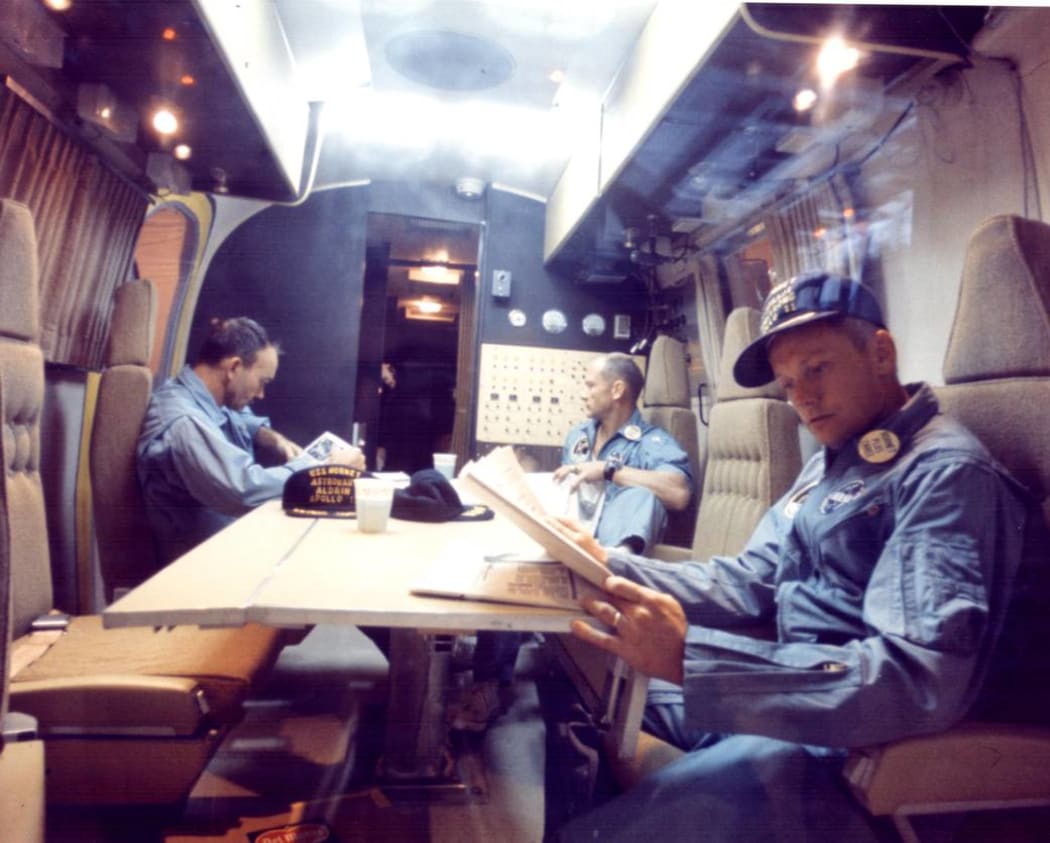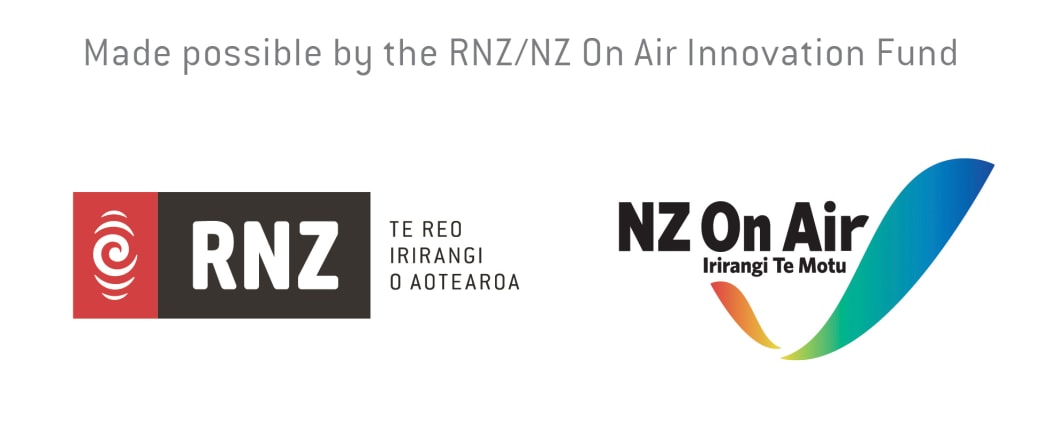
Michael Collins, Buzz Aldrin and Neil Armstrong relax after their moon landing Photo: NASA
John Hearnshaw vividly remembers the moon landing.
On the 20th July, 1969, the now University of Canterbury emeritus professor of astronomy was sitting at a university residence in Canberra.
“There was a common room with a grainy old black and white TV and just about the entire population of students in university house were clustered around that TV.
“I remember that so clearly 50 years later. Everyone was gobsmacked, and it was awe-inspiring,” he says.
Despite a move away from putting people on the moon, the world is starting to see a commercialisation of space; the emergence of space tourism, and talk of mining for valuable resources on the moon.
“I think the surprising thing is that the Apollo astronauts went to the moon, landed, and explored, but 50 years has lapsed since that programme and no one has set foot on the moon in half a century ... and that is about to change in the most massive way because many countries – not just America - the Europeans, the Chinese, the Indians, the Russians, even the Israelis have a lunar programme.
“Everyone now wants to go back to the moon. I think the reason for that is it’s now much easier, cheaper, less risky, and there are many big prizes to be had from going back there,” he says.
Do you remember where you were at the time of the Moon landing? Send us an email: iwitness@radionz.co.nz
The prizes Hearnshaw is referring to are rare elements, which he says are found in great abundance on the moon.
Hearnshaw says while it’s exciting – people need to be cautious.
“It’s not just the danger to human life, it’s the risk of doing something destructive, or polluting, or spreading living organisms on the moon, or ruining it forever if we make a mistake.
“There are risks and dangers in doing the wrong thing.”
While Hearnshaw says space is more within reach than ever before, it’s still far from being accessible for the middle class.
“There’s already space tourism and wealthy people are spending millions and millions of dollars to go into space, not yet to go to the moon, but that may yet come.
“I don’t think it’s going to be something that the average person on the street is going to do… That’s not going to come in the foreseeable future.”
And New Zealand has a role to play in this as well.
The Detail’s Alex Ashton has spoken to Rocket Lab CEO Peter Beck about his plans for launching more satellites, and how space is becoming more accessible.

Photo: RNZ

